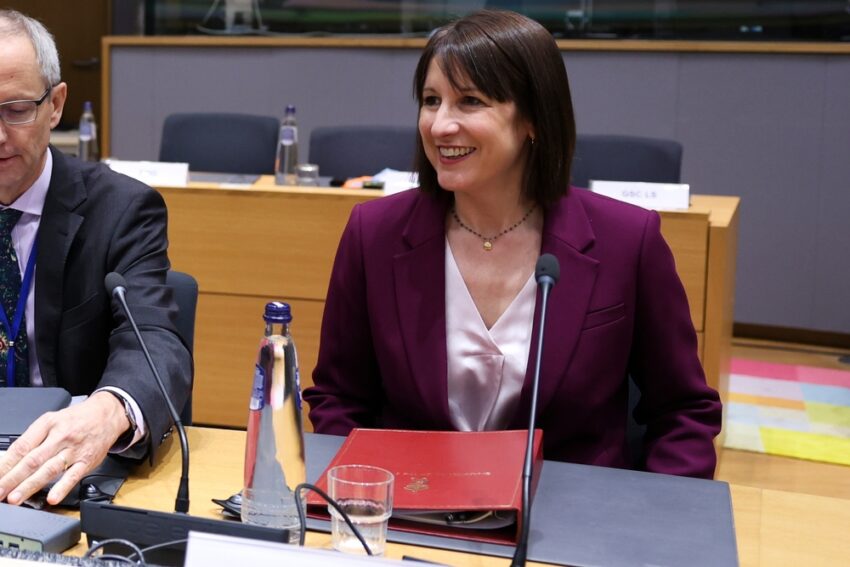Amid mounting concern over small business financing and controversial account closures, UK ministers have called on major banks to address access to lending and ‘debanking’ practices that are affecting entrepreneurs nationwide.
In a crucial meeting held in early May 2025, UK ministers, including Small Business Minister Gareth Thomas, sat down with executives from top banking institutions—such as HSBC, NatWest, and Lloyds—to discuss declining small business loan approval rates and the increasing number of account closures without clear justification.
This meeting marks part of a broader government strategy to restore confidence in the financial system for small and medium-sized enterprises (SMEs), who have long been seen as the backbone of the British economy.
Falling SME Loan Approval Rates Raise Alarm
Recent data has shown that SME loan approvals have dipped significantly, with fewer than half of applications being approved—down from a robust 67% back in 2018. This decline has forced many small businesses to turn to high-interest private lenders or informal borrowing, exposing them to financial vulnerability.
The centralization of banking operations has also led to the phasing out of local bank managers who once played a key role in tailoring financial solutions for SMEs. As lending decisions are increasingly made at a national or corporate level, many businesses feel they are no longer understood or supported by their banks.
“The disappearance of the local bank manager has removed a crucial advocate for small businesses,” said Gareth Thomas. “We need a system that supports enterprise, not stifles it.”
Source: The Guardian

The Rise of ‘Debanking’: Thousands of SME Accounts Closed
Perhaps even more pressing is the issue of “debanking,” where SMEs have reported having their accounts closed without notice or reason. In 2023 alone, UK banks closed an estimated 140,000 SME accounts.
These closures have caused operational disruptions for many firms, some of which were locked out of payroll systems, supply chains, and financial platforms overnight. Often, affected businesses were left without any detailed explanation or recourse to challenge the closure.
A 2024 House of Commons report warned that debanking poses a “serious threat to trust and stability” in the UK’s business ecosystem.
Government Response: Lending Reform and Protections for SMEs
To address these challenges, the UK government is weighing a number of policy responses:
1. Expansion of the British Business Bank Scheme
Ministers are considering extending the British Business Bank’s loan guarantee program, which currently backs up to 70% of qualifying loans. This move would reduce the risk for commercial banks and encourage more lending to viable SMEs.
2. Greater Support for Mutual Lenders
Gareth Thomas has voiced strong support for community-based lenders such as credit unions and building societies, which are known for their personalized services and deeper community engagement.
These mutual institutions may soon receive additional regulatory and financial support to help fill the financing gap left by larger commercial banks.
3. New Rules to Prevent Unjustified Account Closures
The Treasury has proposed that banks must give at least 90 days’ notice before closing a business account, along with a clear explanation for the decision.
These changes are part of a regulatory effort to improve transparency and protect legitimate businesses from abrupt service disruptions.

Future Outlook and Broader Review of SME Finance
The government’s engagement with banking leaders is set against a broader review into the financial access challenges facing SMEs in the UK. As the backbone of economic growth and employment, SMEs contribute over 50% of private sector turnover in the country.
Officials say they are committed to removing systemic barriers to business growth, from unfair banking rules to the growing influence of tech-based alternative lenders that may lack accountability.
This dialogue between the government and financial institutions signals a potential shift toward a more supportive lending environment.
“This is about restoring trust in our financial institutions and ensuring our small businesses have the tools they need to grow,” Gareth Thomas emphasized.
Conclusion
The UK government’s efforts to address reduced lending and arbitrary account closures could provide a lifeline to thousands of struggling SMEs. By pushing for increased transparency, local lending, and regulatory reform, ministers are aiming to reignite the entrepreneurial engine of the UK economy.
Small businesses can follow updates on these reforms and access available financial assistance by visiting the following resources:
This article has been carefully fact-checked by our editorial team to ensure accuracy and eliminate any misleading information. We are committed to maintaining the highest standards of integrity in our content.

Outside of work, he enjoys playing chess, following cricket, and writing short stories. His commitment to integrity and in-depth analysis strengthens OTE News’ mission of providing trustworthy journalism.




